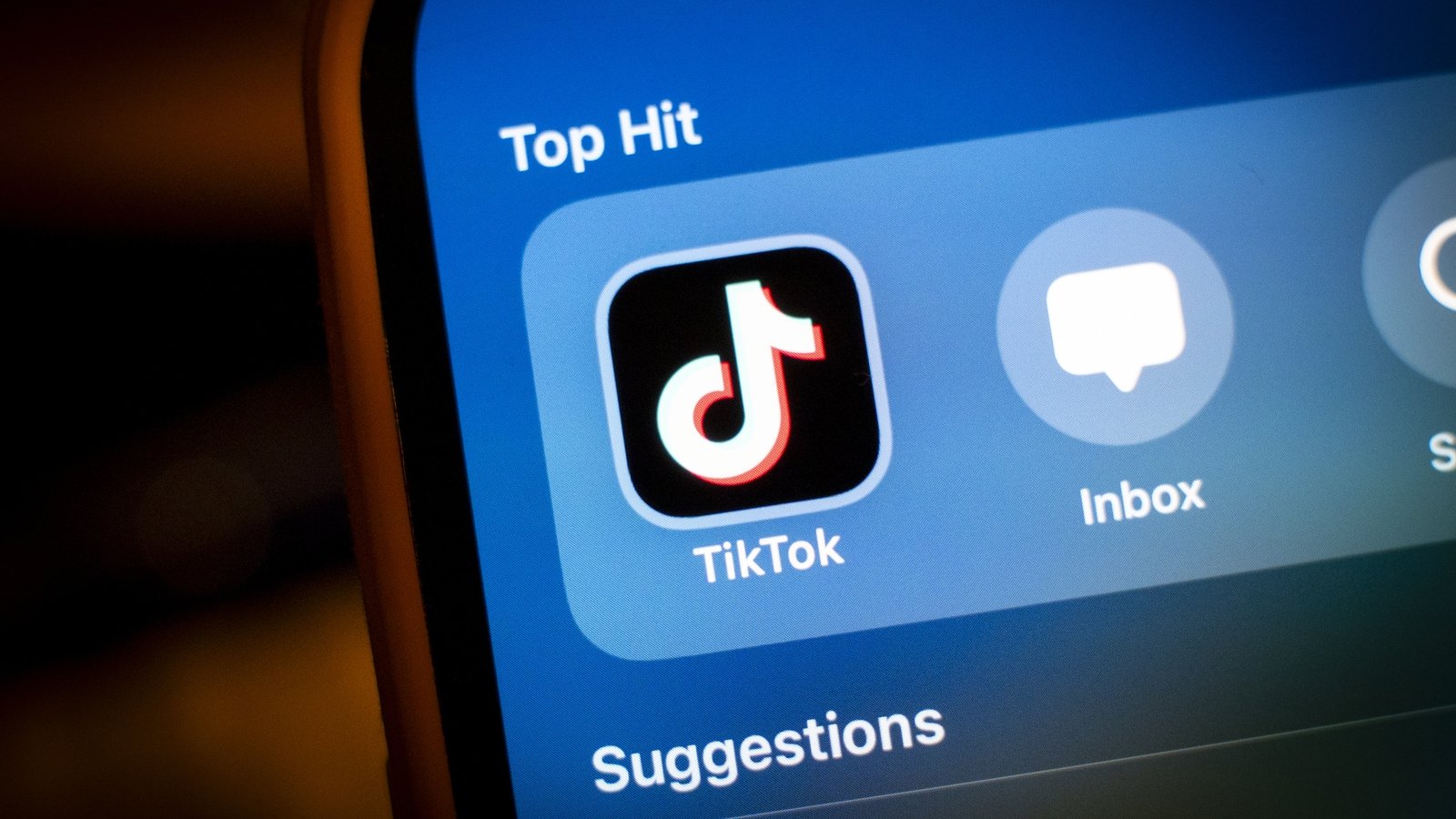World
Paid political ads appearing on TikTok despite guidelines

Campaigners have called for increased transparency around paid for political campaign advertisements and videos on social media platforms after it emerged TikTok is not adhering to voluntary EU guidelines on the issue.
While a large number of election candidates and political parties regularly use social media platforms to upload videos about their campaigns, the vast majority of these are posted by the individual and make it clear who is involved.
However, paid-for political campaign advertisements and videos are different, in that it is not always clear who is behind them and whether the information contained within them is balanced.
In 2022, the EU agreed to a voluntary code of disinformation and political advertising in order to address growing concerns over the issue.
We need your consent to load this rte-player contentWe use rte-player to manage extra content that can set cookies on your device and collect data about your activity. Please review their details and accept them to load the content.Manage Preferences
The voluntary code asked that social media companies which carry paid-for political campaign advertisements make it clear they are paid-for and are not normal user-generated videos.
The voluntary code also asked that social media platforms with paid-for political campaign advertisements and videos keep a publicly accessible register of their costs and who is behind them.
Reports said that TikTok is in breach of the voluntary code as it does not have a register and the company’s own internal rule that it does not carry paid-for political videos, as these videos are available on its platform and TikTok does not have a register of them.
TikTok said it is not in breach of any rules as the EU guidelines remain guidelines until regulations are introduced in autumn 2025 and that it takes down any paid-for political videos on its platform it identifies.
Speaking to RTÉ News Liz Carolan, transparency campaigner and publisher of The Briefing, said the issue should be addressed.
“It’s about money in politics and it’s about buying access to people in order to show them particular messages.
“Money is something we regulate quite heavily in Ireland and across Europe, which is what makes political ads something that is very different to say a candidate sharing information through their normal social media channels,” she said.
Chief Executive of An Coimisiún Toghchain Art O Leary said paid-for political advertisements and videos on social media platforms ultimately come down to transparency.
“What An Coimisiún is interested in is transparency. What we’d like to know who pays for the ad, who benefits from the ad, how much was paid, and more importantly in these days with social media it’s so easy to see who it’s targeted at,” he said.
In a statement, TikTok said it “does not allow paid political advertising, and this content has been removed from our platform”.
TikTok said it complies with all current EU laws and regulations and is committed to complying with future regulations when they are introduced.
TikTok also said it invests in media literary initiatives to counter-act disinformation concerns.
The EU’s voluntary code on disinformation and political advertising, which was introduced in 2022, is due to be replaced by EU regulations on the issue in autumn 2025.










